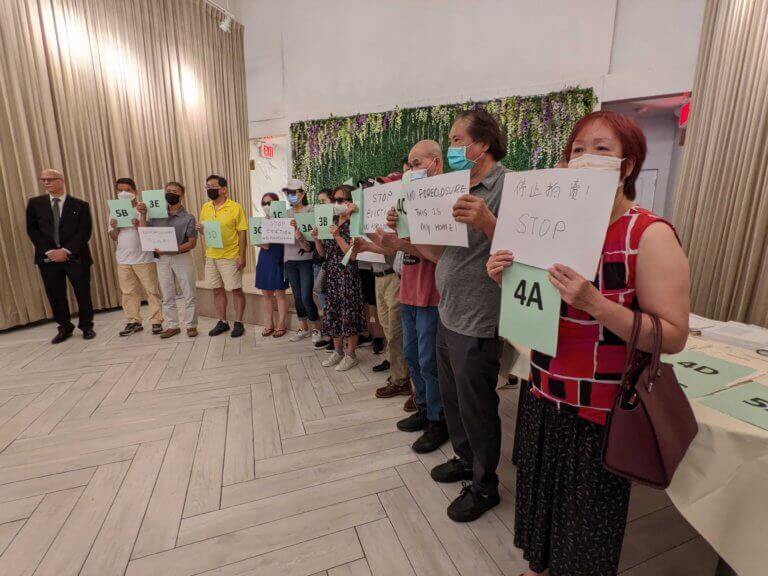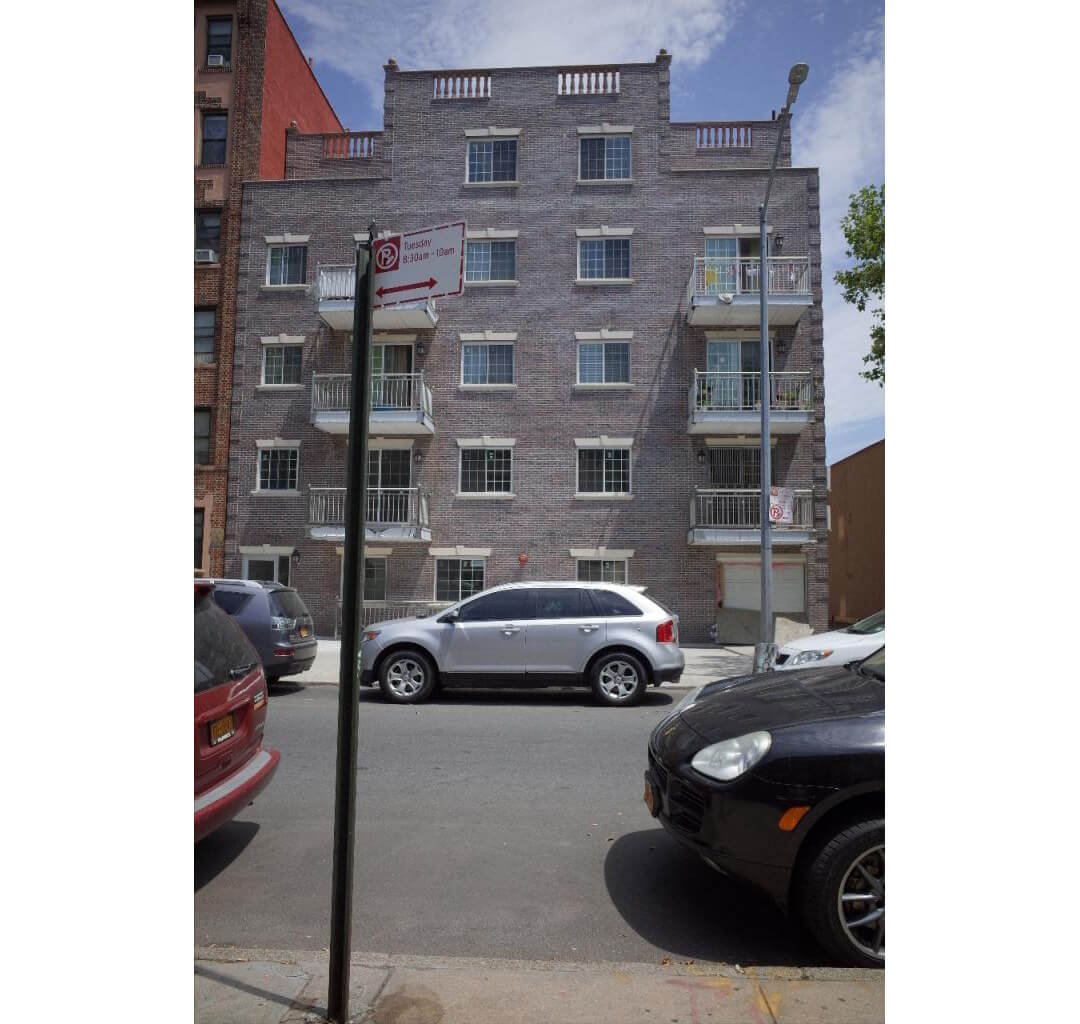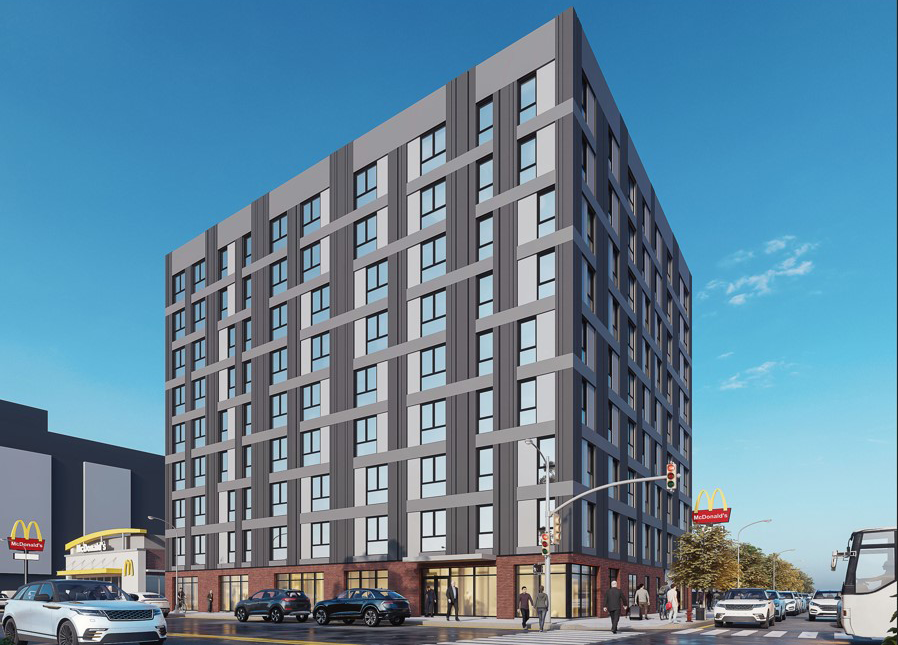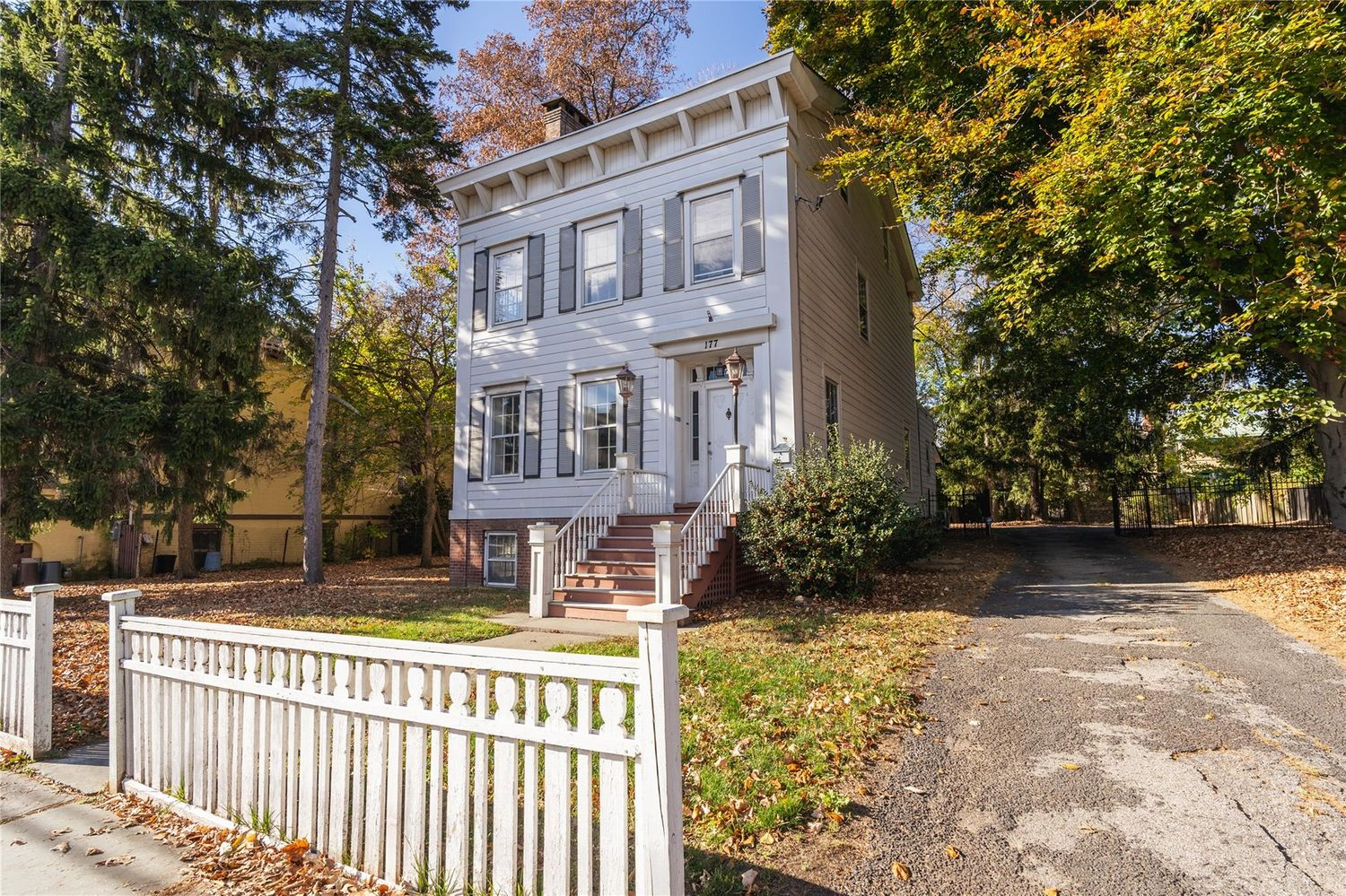Attorney General Sues Bay Ridge Landlord Over Alleged Defrauding of Tenants
New York Attorney General Letitia James is suing a Bay Ridge landlord who allegedly defrauded his tenants and made off with millions of dollars, leaving them devoid of their life savings and at risk of homelessness.

Attorney General Letitia James has filed a lawsuit against a Bay Ridge landlord who allegedly defrauded his tenants of millions of dollars. Photo via Google Maps
New York Attorney General Letitia James is suing a Bay Ridge landlord who allegedly defrauded his tenants and made off with millions of dollars, leaving them devoid of their life savings and at risk of homelessness.
The suit, filed yesterday in Kings County Supreme Court, accuses landlord Xi Hui Wu, who also goes by “Steven,” and his ex-wife Xiao Rong Yang of a “years-long scheme of deception, fraud, and illegal conduct in connection with the development of a residential apartment building” at 345 Ovington Avenue, according to court documents. Wu’s companies TCJ Construction and 345 Ovington LLC are also named as defendants.

“Steven Wu took advantage of hardworking immigrants and sold them and their families a lie,” James said in a release. “He earned their trust as a pillar of the community only to exploit it and steal their life’s savings. These families were cheated out of their livelihoods, so we’re taking action to ensure they get their money back.”
In the suit, James asks the court to force Wu and Yang pay civil penalties and give any money they made from their fraudulent real estate deals back to the tenants — and ban the pair from ever taking part in real estate development, sale or construction again.
‘They were sold a lie by a crooked developer’
Wu purchased the Ovington Avenue site in 2011 and quickly built a 25-unit apartment building. Two years later, he filed plans with the Attorney General’s office to convert the units into condominiums. In New York, the AG’s office must approve all plans to turn apartments into condos — but Wu never followed through with his plan, and the units were still legally classified as rental apartments.
Despite that, Wu began illegally “selling” the units to his tenants — who were mostly immigrant families. He collected millions of dollars in deposits and frequently had buyers sign illegitimate contracts — all the while never turning over the deeds to the condos, because they did not exist. Many families also paid monthly mortgage fees.
Even as Wu collected more than $5 million from his tenants, he was not paying the actual mortgage payments on the building. In 2019, his lender filed to foreclose upon the building to make their money back — and their request was granted. The building was set to be sold at auction in July, but the sale was stopped at the last minute when tenants filed an involuntary bankruptcy claim against Wu.

The attorney general’s investigation found that Wu’s deception went much deeper. Many of the $5,000 “down payments” recorded on the fraudulent purchase agreements had been paid by Wu himself to keep up appearances — something Wu admitted to the AG during a prior investigation, according to the lawsuit. Meanwhile, according to the investigation, he kept buyers’ additional down payments rather than putting them in escrow accounts that would eventually be returned to the purchaser.
“The immigrant families of 345 Ovington Avenue were hoping to establish themselves as homeowners for the very first time – the American Dream. Instead, they were sold a lie by a crooked developer who knew better,” said Council Member Justin Brannan, who stepped in to help stop the foreclosure auction last summer. “I thank Letitia James for once again acting as the people’s lawyer and moving to ensure those responsible for this egregious fraud will face consequences. These families deserve compensation and security in heir homes, not the mass eviction they’ve been threatened with.”
His ex-wife, Yang, was also “closely involved in executing Wu’s scheme,” according to the AG.
Wu has twice before been investigated by the attorney general — first in 2014, as part of a citywide investigation of violations of 421-a, a property tax law that granted developers tax breaks if they included affordable housing in their buildings. That investigation found Wu in violation of the law, according to the lawsuit. He refiled his plans to convert 345 Ovington Avenue to condos in 2016, but they were rejected by the AG’s office for “numerous deficiencies.”
Three years later, the office opened a second investigation — during which Wu allegedly admitted to using his tenants’ down payments to pay his own debts and and “selling” the units at prices different from the ones he had disclosed in his previously filed plans.
Nineteen tenants have previously sued Wu in Brooklyn Supreme Court, and the AG recently discovered that two more tenants, who have not filed any claims, also appear to have “purchased” their units.
Tenants of 345 Ovington Avenue wait for relief
Wu’s tenants are in a sort of holding pattern as various lawsuits make their way through the courts. In the involuntary bankruptcy suit filed against Wu in federal court, a trustee has been named to manage his business and pay the “necessary expenses,” including hiring a building manager, according to court documents. But that suit served more as a stopgap measure, a way to buy some time, explained Edward J. Cuccia, who represented many of the tenants in their initial Brooklyn Supreme Court lawsuit.
Elected officials — including Brannan and state Senator Andrew Gounardes — have been working with the tenants and local housing nonprofits and other groups to find a way to allow the duped buyers to legally purchase or rent their units.
“The bankruptcy filing just stalled things, which is good, because we need the time to sort out everything else,” Cuccia told Brooklyn Paper. “And everything else includes what Letitia James is doing. That’s sort of the first shoe to drop — we expect a lot more footwear to fall.”
Editor’s note: A version of this story originally ran in Brooklyn Paper. Click here to see the original story.
Related Stories
- Foreclosure Sale of Bay Ridge Building Paused After Alleged Landlord Fraud
- Flatbush Tenants Call for City Action Against Landlord Over Living Conditions
- Crown Heights Landlord Harassment, ‘A Living Hell,’ Includes Sewage, Drug Deals: Lawsuit
Email tips@brownstoner.com with further comments, questions or tips. Follow Brownstoner on Twitter and Instagram, and like us on Facebook.









What's Your Take? Leave a Comment